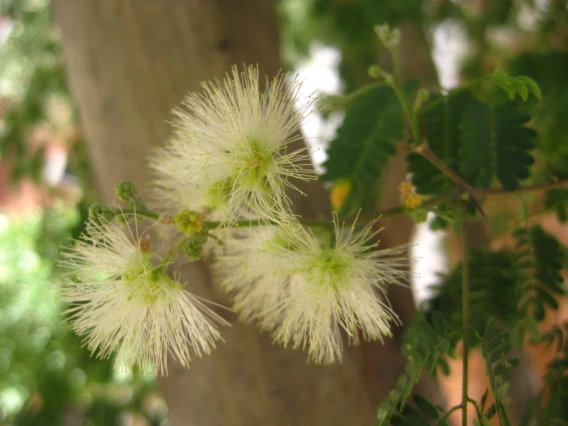
Finding Potential "Climate Ready" Trees
Past efforts by University of Arizona faculty research yielded a rich collection of arid adapted tree species that both helped create Arizona’s economic base in the early 20th Century and produced innumerous species populating urban landscapes throughout the southwestern US.
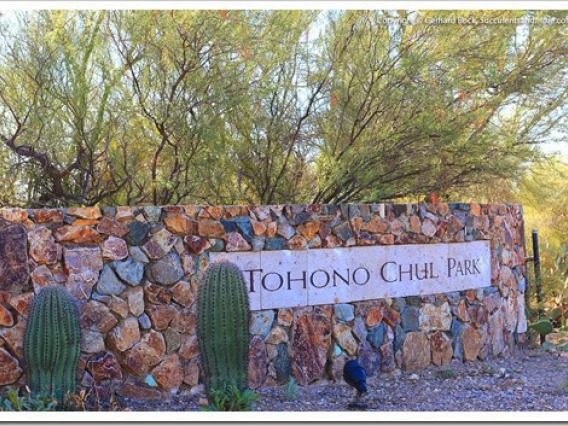
Evaluating Climate Risk of Tucson Tree Collections
Trees can play a significant role in mitigating and adapting to global climate change, especially in urban environments. As such, urban greening initiatives are emerging at the forefront of community strategies for a changing climate. However, anticipated increases in global temperature will subject plants to temperatures never experienced before. As such, it is increasingly important to evaluate tree climate adaptation to ensure they are selected based on potential to survive and thrive in both the current and projected future climate. This project in partnership with Tohono Chul Park sought to evaluate the climate risk of tree species growing in our collections.
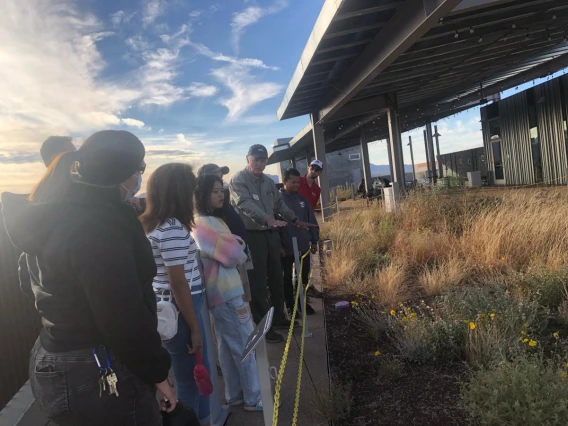
Research & Educational Media
The Campus Arboretum is committed to promoting the value and benefit of urban trees in sustainable desert landscapes. There are many outreach programs and resources offered to the public, and chief among them are our tree tours. We offer docent-guided tours of campus trees, as well as self-guided mobile and in-person tours. Unfortunately, until we develop more virtual tour experiences, many outreach initiatives are still restricted to local audiences.
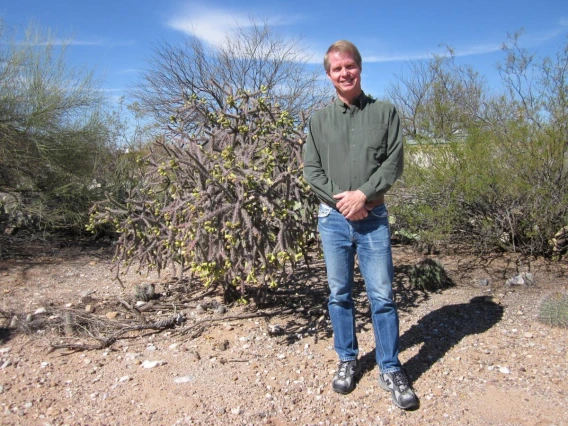
The Matthew B. Johnson Florilegium
Announcing the dedication of the Matthew B. Johnson Florilegium of the Joseph Wood Krutch Garden. With gratitude for a lifetime of dedication to botanical research, and unfailing generosity to the University that made this collection possible. Matthew B. Johnson holds a B.S. in Agriculture and a M.S. in Horticulture from the University of Arizona. His career interests have involved a combination of botany and horticulture.
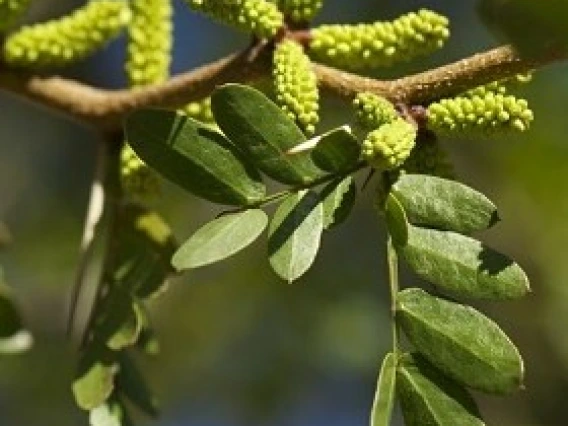
Desert Legume Tree Rescue
The Desert Legume Program (DELEP), established as a joint project of the University of Arizona and the Boyce Thompson Arboretum, preserves and promotes biodiversity by evaluating field performance of woody species, and maintaining seed germplasm for more than 1400 species of legumes. Legumes are the second most important group of food plants, for people and animals, and provide forestry, medicinal and ornamental species. While the USDA-ARS National Plant Germplasm System (NPGS) maintains a back-up collection of DELEP’s seeds at their seed storage facility in Fort Collins, Colorado, there is additional value in the living specimens growing in the DELEP test field plots.
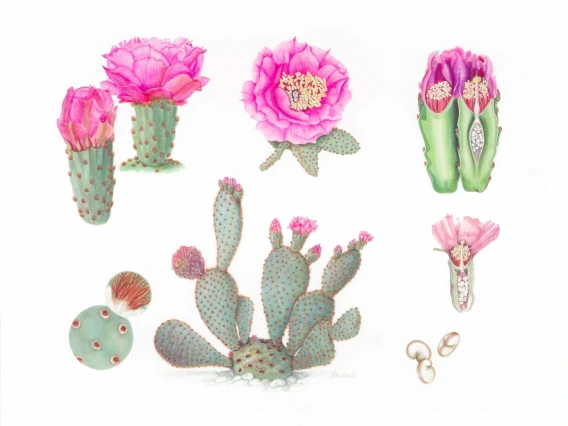
The Joseph Wood Krutch Florilegium Project
The Campus Arboretum, in partnership with the Sonoran Desert Florilegium Program, has established a florilegium of the Joseph Wood Krutch Garden, the University of Arizona's most important historic garden, and an inspiring model of a sustainable urban landscape.
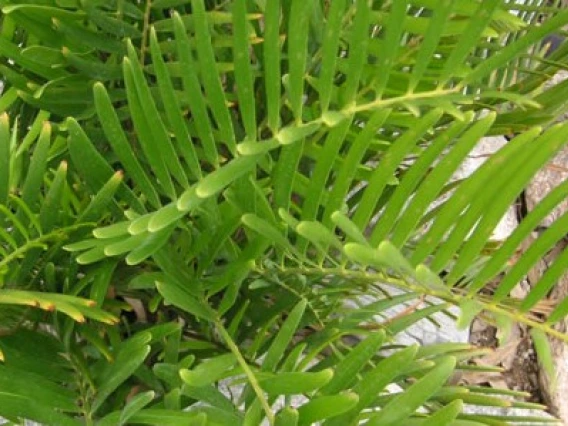
Climate Change Modeling
K-12 school students with help from researchers at the University of Arizona have published a paper in the American Journal of Botany that may help better climate models. Their work reveals that the shrinking of dried leaves, if unaccounted for, may make climate models less reliable.
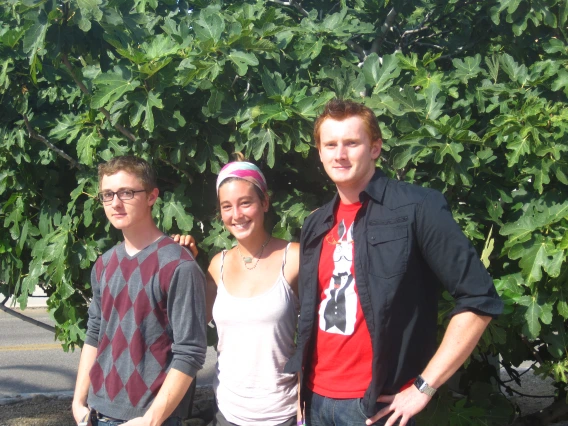
Comprehensive Tree Benefits Assessment
Trees provide ecosystem services that sustain environmental and human health. Yet, despite their significant contributions, their value is difficult to define. In the Spring of 2012, students working for the Campus Arboretum completed an inventory of all trees on campus. Data collected was processed using i-Tree software to calculate their total economic contributions. This data will not only establish priorities and direct more sustainable collections planning but will also provide a means to more effectively advocate for preservation of trees using quantitative data. For a short introduction to the project, see page 12-18 of the UA Climate Action Plan.
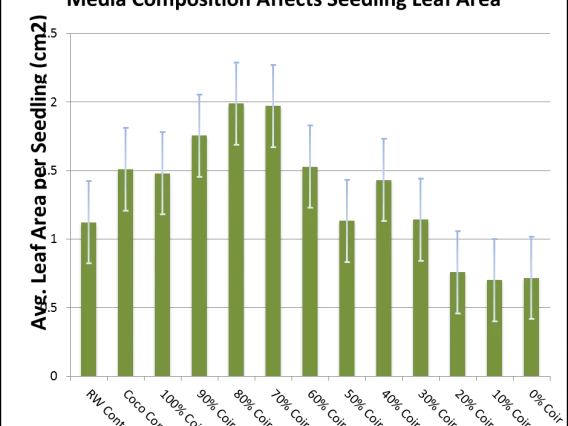
Sechrest Scholar
Asher Haug-Baltzell, an undergraduate in Plant Sciences, completed a reserach project for honors credit in PLS330 (Plant Propagation) in the Fall of 2011 to determine if seedling media could be optimized with the addition of composted worm casings to produce more vigorous plants resistant to transplant shock upon transfer to standard NFT hydroponics systems.
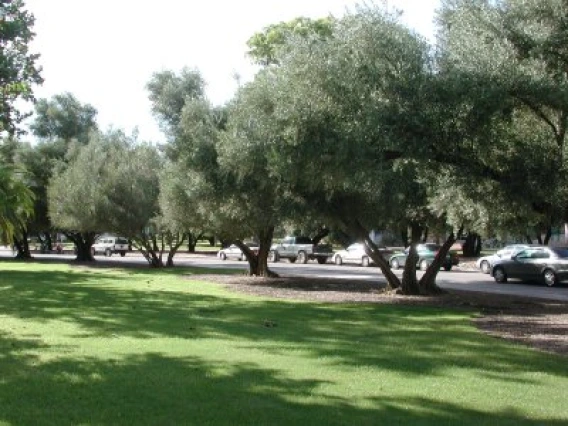
Street Tree Benefits
2000 trees lining the main streets intersecting campus were measured in this 2006 study to determine their enivronmental and economic contributions. Results will estimate the total contributions of the Campus Arboretum trees to the overall health of Tucson's urban forest. A summary of the results can be found in a 2008 memo and in the Fall 2008 Campus Arboretum newsletter

